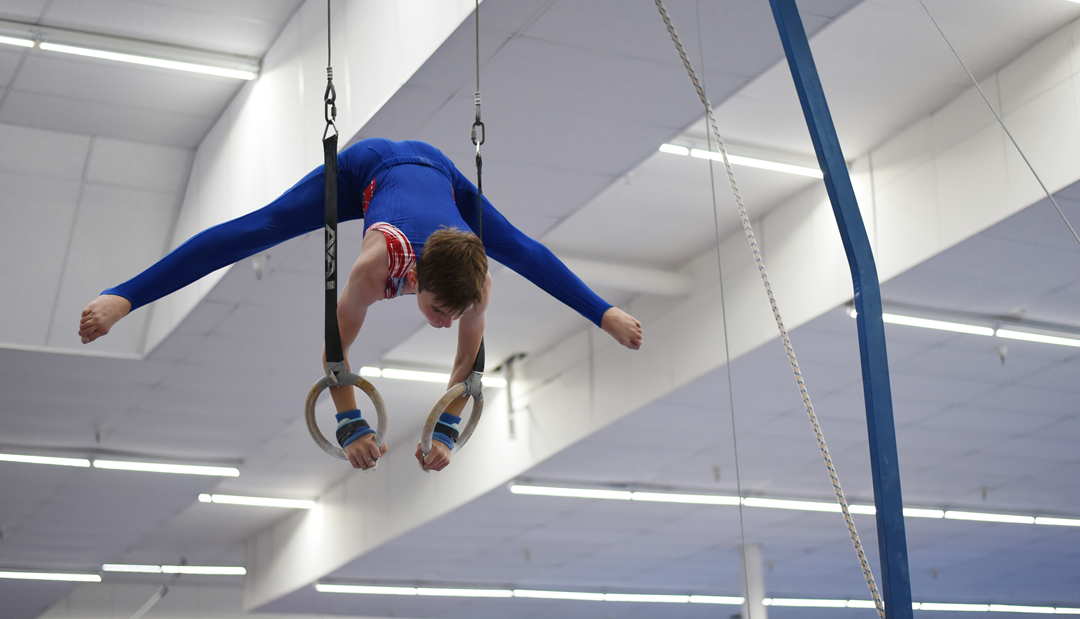
Five Signs Your Young Athlete May Be Underfueling
When athletes do not eat enough calories (or the right calories) to support their growth and development and all of the training. This may occur periodically due to fluctuations in seasons or training schedules, it is particularly concerning if it happens frequently.
How do I know if my athlete is underfueling?
Without complex calculations, parents can watch an athlete for signs and listen for complaints that indicate underfueling. Below is a short list to help.
- The athlete is no longer making improvements in skill and performance or has experienced a sudden decrease in performance.
- Injuries take a long time to heal or there are recurring injuries, like stress fractures.
- Weight loss that is not otherwise explained. It is important to consider that an athlete may not be losing weight but may still not be getting enough calories.
- Delayed growth and development. For a female athlete, an obvious sign is irregular or missed periods or a delay in starting her period.
- Frequent dizziness and headaches.
- Complaints of constant fatigue.
What should I do if I think my young athlete is underfueling?
- Make sure he/she is getting three balanced meals a day. Busy teens tend to skip the breakfast meal.
- Add one or two snacks a day. Often the most reliable snack to add is a bedtime snack. Elite young athletes, especially those struggling with underfueling, typically need at least 3 snacks a day.
- Increase portions in current meals. Small increases throughout the day can make a difference.
- Make nutrient-dense swaps in meals and snacks. This way your athlete doesn’t have to worry about adding more food or more eating instances in an already packed schedule.
- Make drinks count. When athletes need extra calories, include beverages like milk, chocolate milk and calcium-fortified orange juice with meals. Offer sports drinks with practices.
Where can I turn for help if I am concerned?
If your child has lingering or recurrent injuries in sports, delay or changes in menstruation or other concerns that might be related to underfueling, our Sports Medicine team can help. After a medical evaluation with a sports medicine physician, additional services such as a consultation with a certified sports dietitian may be recommended. Call 469-515-7100 to request an appointment.
Find more resources about sports nutrition for young athletes.

